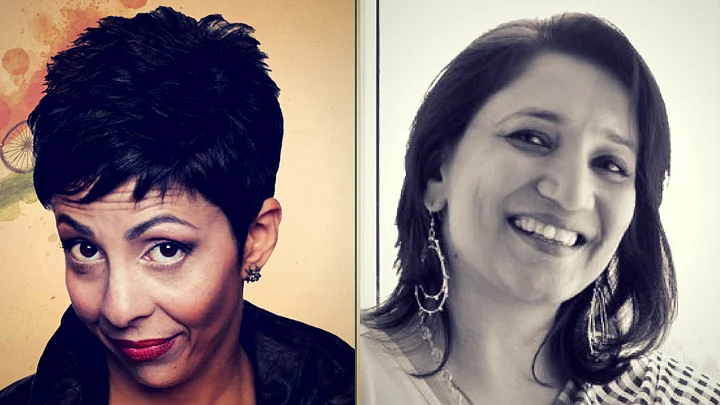Since the anonymous Medium.com post that accused TVF Founder Arunabh Kumar of sexual harassment emerged earlier this week (and the subsequent barrage of complaints from women that began to pour in), a conversation has sparked about the ‘dudebro’ culture that permeates India’s comedy and entertainment industry.
Comedian Aditi Mittal tweeted about it soon after the Arunabh Kumar news broke, saying that the systemic “brohood” in the community is the reason why there are so few female comics.
The Quint spoke to Radhika Vaz about this “mens’ club” that seems to exist in Indian comedy circles.
This “Brocode” is just old school sexism in skinny jeans. What Tarun Tejpal has done for old man ponytails, this dudebro has done for hipster beards. We are a sexist nation and while Arunabh will now be the poster child for what is wrong with the comedy scene, he is not alone. There are so-called comedy festivals and corporations that won’t take the trouble to program women into their main line-up – their excuse is there are not enough women in comedy of a “certain level” – but that’s not true and I am sick of hearing it. There are a lot of women on the Indian comedy scene. Ask Arunabh Kumar!Radhika Vaz, Comedian
Aparna Jain, author of the book Own It: Leadership Skills from Women Who Do, was just as scathing about the lack of involvement of men in conversations around sexual harassment. Urging men to call out bad behaviour, she also points out that the ‘bro code’ helps offenders hide behind a collective.
Every time I tweet on rape, harassment, or any atrocity against women, my dialogues are inevitably with women. My retweets are by women. Or by the very few feminist men I know. The only time I have noticed men retweeting or tweeting this is when there is a person of stature or significance that has no economic bearing on their jobs. It’s mostly envy or a personal agenda. The Bro Code is often brought into the spotlight whenever there is a case of alleged sexual harassment. Women are always at the crux of the discussion, telling people to “lay off” when they were victim blaming, explaining how a women feels helpless and therefore turns to social media. How they cannot always find help within their Vishakha committees. Is there scope for misuse? Unfortunately, yes. But in most cases these allegations are only treated seriously when out in the open. The men are mostly silent.
A reliable source messaged me in frustration saying her editor (male) had told them not to write anything against an alleged harassment case. This is a website that thrives on making headlines click-baity and has never shied away from any sensationalism. But to stand up against a “brother” – a person the editor most likely knows – nope. I’ve often wondered why most men cannot take stands against harassment - and I often wonder if in some way they all collectively feel guilty since they have transgressed somewhere. To them I say, you may have done something you are deeply ashamed of in the past. You may have changed or you may want to change. Now is the time to right it. Speak up against, speak with us, speak up as witnesses. Call out bad behaviour. This omertà has got to stop. For it is not a bro code, it is just criminal.Aparna Jain, Author
